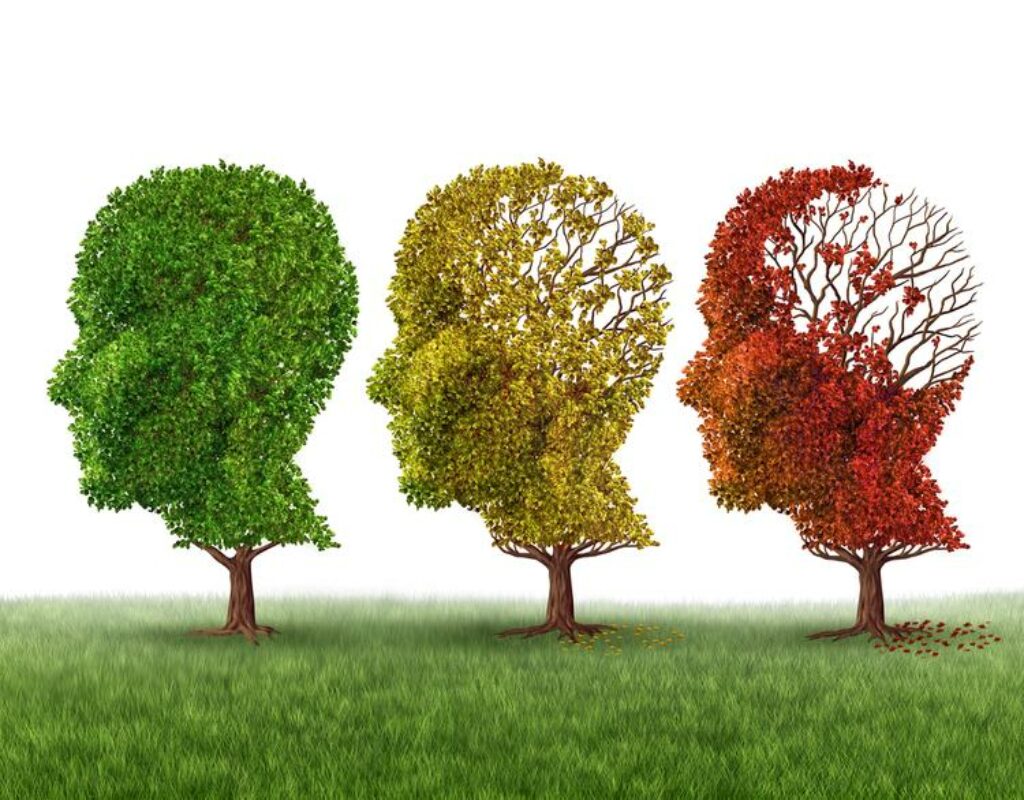
Exploring Treatment Options for Dementia Patients
While no cure yet exists for Alzheimer’s dementia, timely diagnosis and initiating specific treatments can temporarily improve symptoms and slow down disease progression.
Related Topics (Sponsored Ads):

Understand Alzheimer's Medications
Several prescription drug options exist designed to help regulate neurotransmitters in the brain for those diagnosed explicitly with Alzheimer’s disease in the early to middle stages. Cholinesterase inhibitors like Aricept, Razadyne, and Exelon aim to prevent acetylcholine’s breakdown, which is essential for memory and thinking. Meanwhile, memantine (Namenda) blocks excess glutamate to improve signaling. Doctors may prescribe these drugs alone or together. However, the medications only provide a modest temporary delay of worsening symptoms for up to a year or two rather than reversing brain decline. To be effective, early and accurate, Alzheimer’s diagnosis is critical before the disease advances too far. Patients also require careful medical management to monitor dosages, interactions with other prescriptions, and concerning side effects like loss of appetite or increased confusion which could necessitate discontinuation. These Alzheimer’s drugs may help retain mental function slightly longer, though their usefulness is limited. Patients and families should have realistic expectations about the modest improvements they offer.
Look Into Cognitive Therapies
Since dementia slowly degrades cognition, therapies that maintain mental acuity for as long as possible are often incorporated into treatment regimens. Formal cognitive training exercises led by neuropsychologists and more casual cognitive stimulation through puzzles, games, and collaborative group activities can strengthen neuronal connections. Speech therapy assists with communication issues by retraining language production and comprehension. Memory strategies help retain new information through associations, visualization, and categorization. Cognitive rehabilitation can also help dementia patients relearn essential daily living skills, like using phones and appliances, following recipes, and more through repeated practice. Occupational therapy examines home environments and helps adapt spaces for better safety and navigation. Keeping the brain engaged through cognitive therapies may support a better quality of life. Consistency with these mental workouts is key – ongoing stimulation produces benefits.
Consider Alternative Therapies
Several complementary treatment options exist beyond standard drug and cognitive therapies that may benefit dementia patients’ mood, behavior, and daily function. Art, music, pet, and horticultural therapy can all provide positive sensory stimulation that reduces anxiety while improving pleasure, engagement, and quality of life. Soothing music may decrease agitation and improve sleep. Gardening or caring for pets promotes physical activity and sensory engagement. Gentle massage can also relax muscles and soothe the nervous system. Light therapy timed to regulate circadian rhythms may improve sleep and agitation issues. Aromatherapy using calming essential oils has been used to reduce agitation as well. Acupuncture, though not extensively studied, may help pain management. Consult treating physicians before starting alternative therapies and look for certified dementia specialists. While drug and cognitive treatments target symptoms directly, these supplementary holistic options aim to support overall well-being. They should complement, not replace, standard medical care.
Focus on Lifestyle Factors
Optimizing daily lifestyle factors provides the foundation for any dementia treatment strategy. Ensuring a nutritious diet with appropriate calories, protein, vitamins, and minerals tailored to any dietary restrictions, plus regular physical activity adapted for safety and tolerance, helps patients maintain strength, mobility, and energy. Social activities fight isolation and depression while stimulating the mind through interaction and communication. Puzzles, reading, and cognitive games support mental engagement. Simplifying cluttered environments, establishing structured routines, and using written reminders also aid daily functioning. One of the most protective practices is regulating proper sleep habits through daylight exposure, nighttime wind-downs, reduced screen use before bed, and other behavioral modifications. Patients should also diligently manage other health conditions and take all medications as prescribed under medical guidance. While these lifestyle measures cannot alter the disease course, they support patients’ well-being and help slow functional decline. Care partners play an integral role in guiding healthy routines and connecting to local dementia day programs or respite services. Lifestyle management eases dementia’s daily impacts.
Conclusion
At this time, there are, unfortunately no definitive treatments that can cure or permanently halt the progression of dementia. However, pharmaceutical options like cholinesterase inhibitors and memantine may provide mild cognitive and functional improvements for Alzheimer’s patients if administered early on. Regular cognitive stimulation techniques can help strengthen mental reserves. Sensory-based alternative therapies also enhance engagement and daily life quality. Most importantly, optimizing lifestyle factors through nutrition, activity, routines, and home adaptations allows patients to function at their highest potential for as long as possible. Though treatment options are limited, combining drug, cognitive, and lifestyle strategies alongside complementary, holistic therapies provides the most comprehensive approach to managing symptoms and supporting the quality of life with dementia. While more progress is still urgently needed, patients have the tools to live meaningfully.
Related Topics (Sponsored Ads):
Discover More






